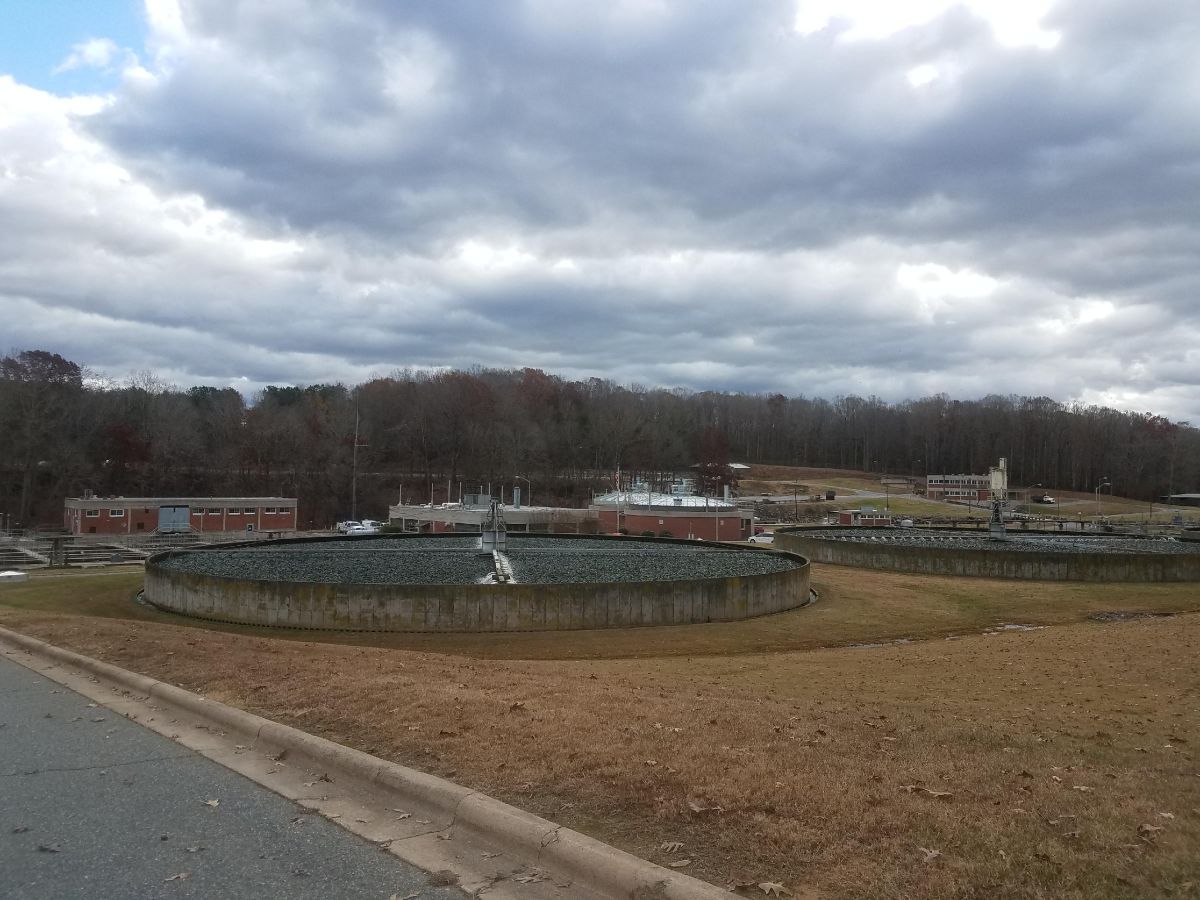RALEIGH — In the immediate days ahead, the N.C. General Assembly will focus on resolving the long-running budget stalemate, but waiting in the queue are dozens of regulatory and environmental policy changes.
The bulk of those changes are in two bills: House Bill 44, the Local Government Regulatory Reform Act of 2015, and House Bill 765, the Regulatory Reform Act of 2015. After the state House and Senate passed different versions earlier in the session, legislators have been meeting to work out the differences, but progress has been slow because many of the key sponsors are occupied by the state budget.
Supporter Spotlight

So far, legislators have met only on H44, which stands at 19 pages and is the smaller of the two bills. Its larger cousin, the latest in an annual series of bills bearing “Regulatory Reform” in the title, reached a hefty 58 pages after extensive additions were made by the Senate in late June to the one-page House bill on gravel rules sponsored by Rep. Pat McElraft, R-Carteret. The Senate changes to both bills were quickly rejected by the House. Since then, while the budget talks dragged on, McElraft and others have also been working on finding a version of both bills that can pass.
The total page count of the two will likely ebb and flow as they are whittled down and amended. As the session winds down, one or both could move quickly between the final budget vote and adjournment.
Grady McCallie, a policy analyst for the N.C. Conservation Network, said it’s unclear if either bill will pass given the differences between the two chambers.
Most of the focus is on what the House will do, especially given that it already voted down some of the provisions. One House proposal that circulated in late August, would turn several of the controversial provisions into studies and eliminate some altogether, including one that would require people to pay the state’s legal fees if they challenged and lost an environmental lawsuit.
“The question,” McCallie said, “is whether the House is willing to walk away from the bills or are they going to buckle to the Senate.”
Supporter Spotlight
So far, House leaders have dug in while expressing optimism about a deal.
Molly Young, spokeswoman for House Speaker Tim Moore, R-Cleveland, said yesterday a conference report for both bills is still possible this session.
Rep. Chuck McGrady, R-Henderson, one of the chief budget negotiators for the House and a member of conference committees on both regulatory bills, said H44, the local ordinances bill, is first up.
“The conferees have met more than once on H44, but haven’t met on H765. The idea being that we’d finish work on H44 before proceeding with H765,” McGrady wrote in an email response to questions.
He said H44 “could move if the Senate agrees with the House proposed changes,” including a new proposal on the riparian buffer provision, which had drawn concerns from local governments and environmental groups.
“There are riparian buffer provisions in a number of bills, and the effort in H44 is to reconcile them,” McGrady wrote.
He said he’s received positive feedback so far from local governments, but declined to release the specifics of the proposal, pending its review by Senate negotiators.
On the larger bill, H765, McGrady said, House conferees are still working out their proposal. McElraft said Tuesday night that the House proposal for H765 was close, but she did not offer details. She said House conferees would likely get together early next week before sending on their response to the Senate changes. She said after the Senate gets the changes the two groups would then start meeting together to work out a compromise.
Significant Changes

Although they cover a lot of territory, the combined effect of the bills would be significant change in policies on stormwater, air quality, riparian buffers and people’s participation in permitting and legal actions.
Several of the provisions rehash past battles between the two chambers. Some of them, like a more than 50 percent reduction in the state’s air quality monitors and a loosening of mitigation rules for damage to isolated wetlands, were rejected last year by the House.
Others are new, such as a provision that environmental advocates say is aimed at punishing groups and law firms that sue the state over projects by allowing the state to recover attorney fees.
Last week, a coalition of environmental advocacy groups sent a letter to Moore, questioning the Senate’s moves and highlighting nine provisions of highest concern.
“We spotlight the following proposals that, we hope you will agree, should be omitted from any bill that returns to the House from conference,” the letter states, “Though some of these provisions may benefit from study to help inform more focused debate in a future session, none merit adoption this year.”
In their letter, the groups criticized key provisions in the bills:
- The rollback of density protections for coastal stormwater in could damage shellfish beds and lead to beach closures.
- Self-reporting rules for environmental violations are unfairly balanced to shield violators from damages.
- The attorney fees provision is unconstitutional and doesn’t allow for judicial discretion.
- The buffer reductions from 50 to 30 feet and elimination of intermittent stream protections could damage water quality and local government efforts.
- The air monitor reductions are too broad.
- An increase in risk remediation programs is too broad.
- Reduces local government flexibility in tailoring standards and ordinances to local topography and hydrology.
Young said Moore and his policy staff are working on budget issues and did not have an immediate response to the letter.
Related Content
Coastal Storm water Rules Redux
Coastal Issues Abound in Senate Budget Bill
Sandbags as Seawalls, Weltands as Dry Lands
To Learn More







